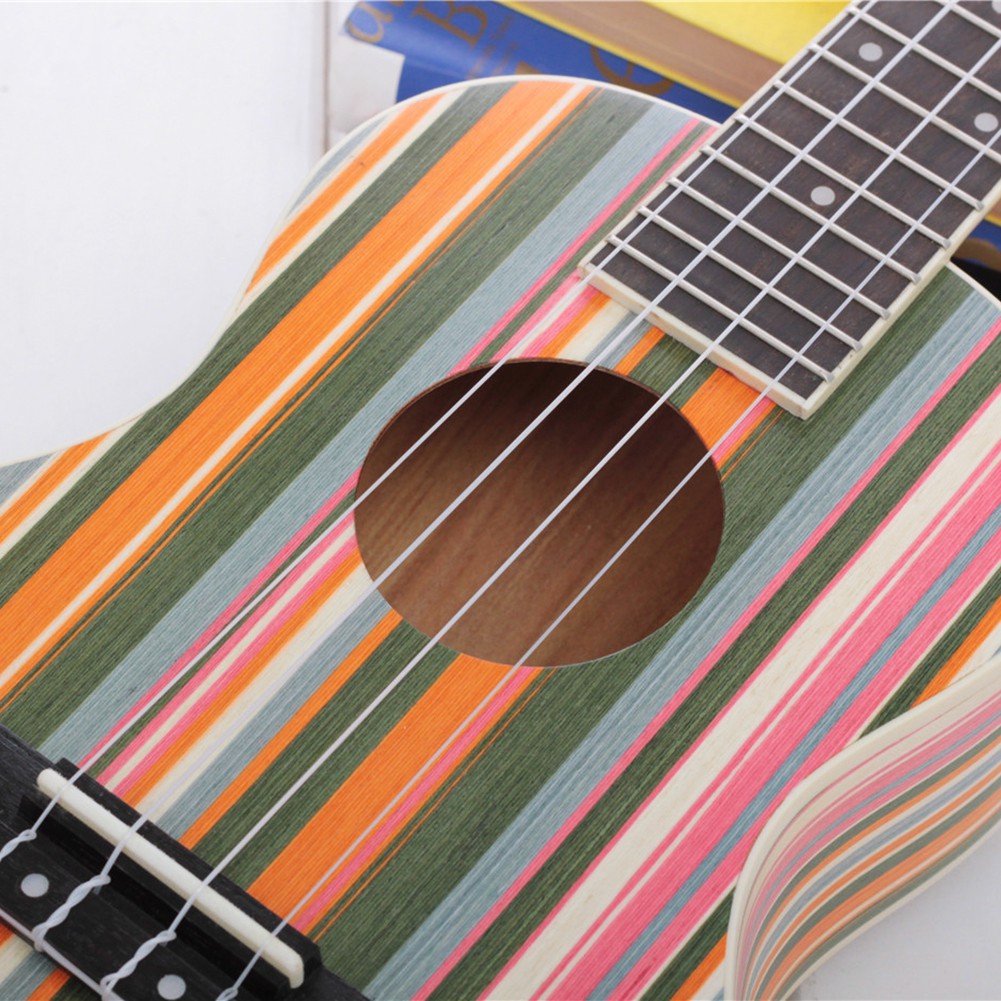When buying a ukulele, maintenance is a crucial factor to consider. Although ukulele strings tend to last longer if you use and maintain the instrument properly, you always have to be prepared for anything. This includes the case where your uke strings break and you have to buy new ones to replace the old ones. So, how much are ukulele strings?
The cost of ukulele strings tends to differ from one seller to another. However, the average cost of uke strings is between $12 on the low end and $25 on the high end. The most important thing is to ensure you’re getting high-quality strings to avoid going back to buying new ones after just a few weeks or months.
The good news is that you can even get sets of uke strings for as low as $2, although the best option is to try and invest some good money such as $20 and above to get high-quality strings. Quality strings guarantee you durability, unlike cheap strings which may end up breaking after a short time.
Another thing you need to note is that the cost of uke strings is also influenced by the material used to make them. Below, we’ll go over various types of uke strings made from different materials to help you understand better.
Types of Ukulele Strings
1. Nylon Strings

The most popular uke strings are the ones made of nylon material. This is mainly because they are cheap and affordable, and also quite easy to find. The reason why these types of ukulele strings are cheap is that it’s easy to make them. They are made through a process called extrusion, whereby molten nylon polymer is pushed through a specific hole that has a diameter of the required string.
How much are ukulele strings made of nylon material? You can buy them from $2 to $5. I would recommend buying the $5 ones because anything lower than that doesn’t guarantee quality or durability.
2. Gut Ukulele Strings
Ukulele strings were initially used to be made of gut material. This is a material that comes from sheep intestines, which is where the name is derived. However, when the industrial era came into place, a lot of people moved to nylon uke strings. The move to nylon strings was influenced by how easy it was to make uke strings from the material.
But, some players still prefer using gut strings, although they are pretty difficult to find nowadays. The cost of ukulele strings made of gut material can cost between $20 and $30 or even more. Since these types of strings are not popular nowadays, most manufacturers don’t make them as much, which is why they tend to be rare.
ALSO READ: Can Learning Ukulele Help with Guitar?
3. Fluorocarbon Ukulele Strings

This material has recently become popular among ukulele players due to how powerful fluorocarbon strings are, compared to both gut and nylon strings. Strings made of fluorocarbon material produce powerful sounds, they are brighter, and also less sensitive to any changes in temperature.
It is believed that fluorocarbon uke strings usually have a sound similar to that of acoustic guitars. These types of strings are also denser and have a smaller gauge, which makes them easier to play. A set of these strings starts from $10 and goes all the way to $25.
4. Winding Ukulele Strings
Winding is the process of wrapping the core of the string in material to provide more durability. That means you can have both fluorocarbon and nylon strings covered in a metal winding. This is what’s done to bigger ukuleles since the strings are wound.
The types of metals used to cover the core are copper, silver, aluminum, phosphorus, or bronze. The good news is that the winding doesn’t influence the price of a set of strings. However, since winding is mostly made on bigger ukuleles, they are normally expensive than just single types of strings.
How Long Do Ukulele Strings Last?
The lifespan of ukulele strings is highly dependent on the type of material used to make them. Most ukulele strings can last between 1 and 2 years or even longer. The best tip is to ensure you change your strings when you start to see signs of discoloration, wear, or negative effect on the tone while playing.
Conclusion
How much are ukulele strings? From the various types of uke strings that we’ve discussed here, the average cost of ukulele strings is from $2 to $25. However, it depends on the material used to make the strings, as well as the quality.
All this boils down to maintenance and proper care of your instrument. Always ensure you take good care of your uke and ensure you change strings whenever you feel or see that it’s time for you to do that.
We hope this post has answered this question well and if there’s any question you have or feedback regarding this post, feel free to reach out to us through email.



